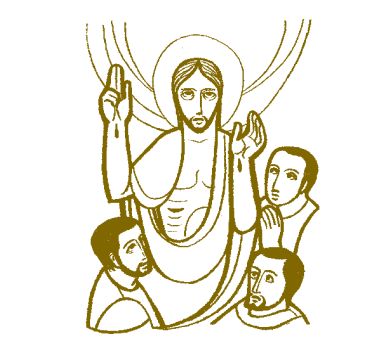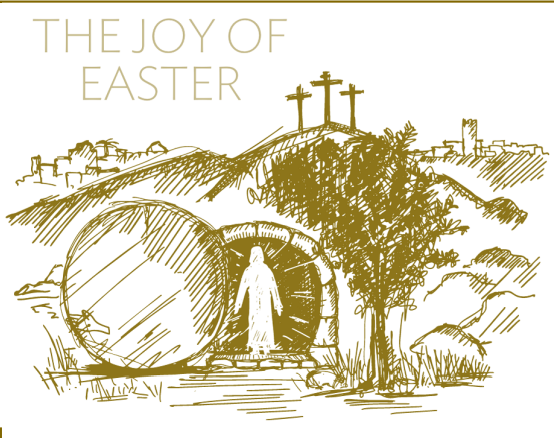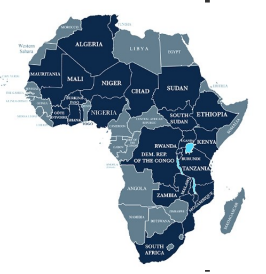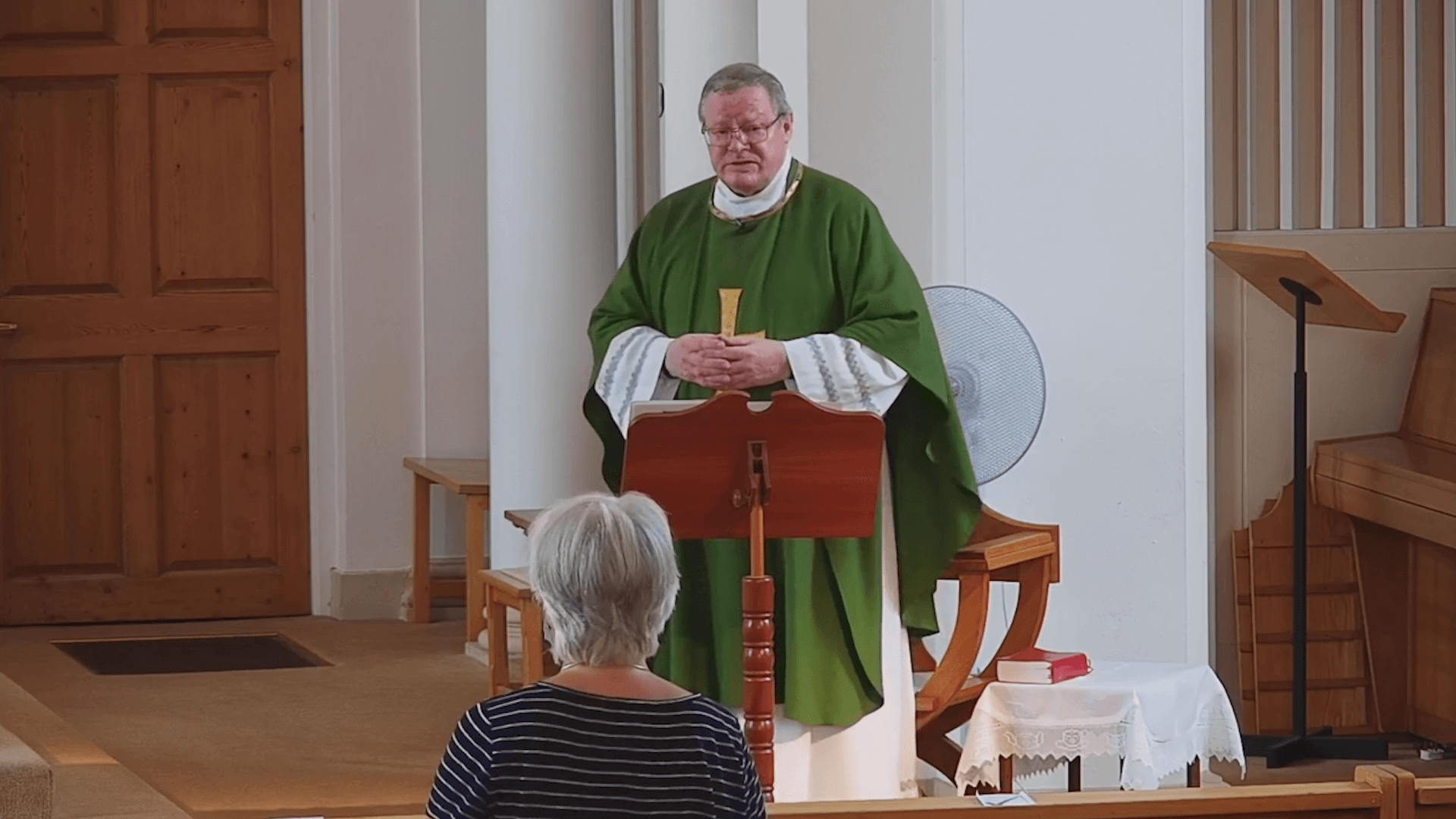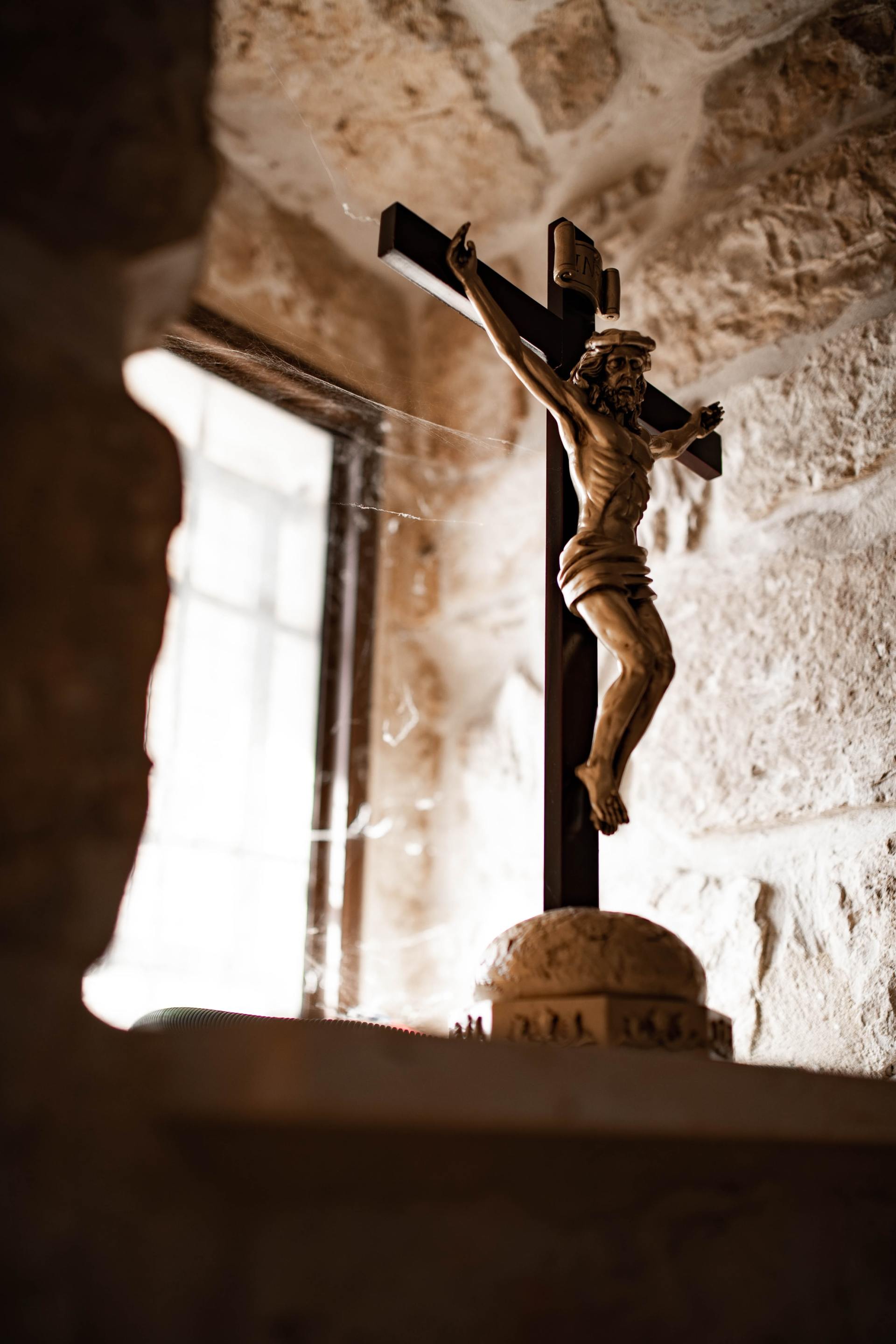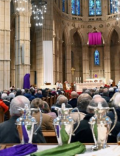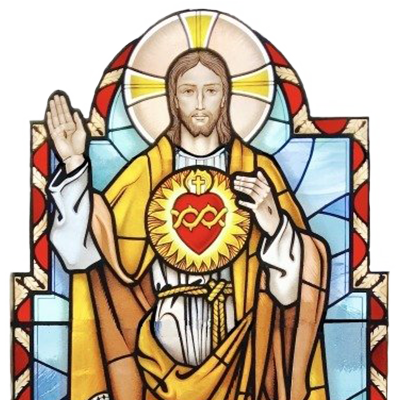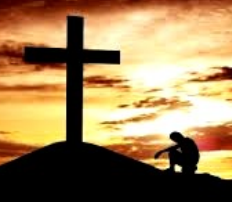Most Holy Trinity Year B

The spiritual writer Ronald Rolheiser has written: “The most pernicious heresies that block us from properly knowing God are not those of formal dogma, but those of a culture of individualism that invite us to believe that we are self-sufficient, that we can have community and family on our own terms, and that we can have God without dealing with each other. But God is community - and only in opening our lives in gracious hospitality will we ever understand that” (Finding God in Community). And so we need todays solemnity that reminds us that God is a Trinity, a flow of relationships between Father, Son and Holy Spirit - and ourselves. The readings chosen for today, therefore are about relationships of love.
Our gospel gives us the conclusion of St Matthew’s gospel. The risen and authoritative Jesus meets with the Eleven, wounded by betrayal and failure, still a very human mix of hopeful faith and hesitant doubt, of adoration and indecision. For our consolation, these are the disciples to whom Jesus entrusts the inclusive mission of making disciples of “all nations,” without distinction of race or culture. With the authority of the risen Jesus, they are commissioned to baptise “in the name of the Father, and of the Son, and of the Holy Spirit,” and to teach these new followers to obey everything that Jesus has revealed to them during his earthly mission.
On their first missionary journey (Mt.10:1, 5-8) there had been no command to teach, but now they have experienced not only Jesus’ life but also his death and resurrection, they are equipped to teach the full significance of his instructions. We who have gathered to celebrate the Most Holy Trinity have been baptised and taught, called and schooled by Jesus through the mission of his Church. We have been drawn into the divine-human communion of that first “trinitarian” moment of Jesus’ baptism by John in the Jordan when the Father, Son, and Holy Spirit were named. Matthew gives us the solemn assurance that Jesus, Immanuel, “God-with-us” (Mt. 1:23) as the personal promise of God, will be with the Church until the end of human history. His is no “absentee lordship” but a presence of a servant Christ who wishes to liberate rather than dominate. His Church, therefore, must also be a humble servant that remembers that its authority is not absolute but is derived from Jesus, a Church that identifies with those who are a very human mix of faith and doubt, a Church that avoids all triumphalism and insensitivity to the wounded people of our world.
